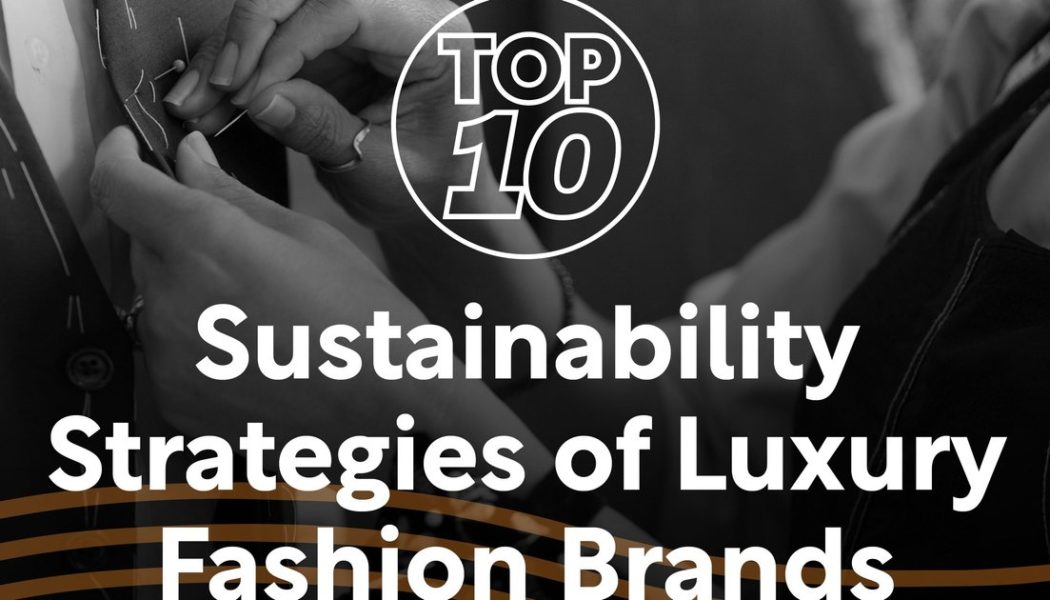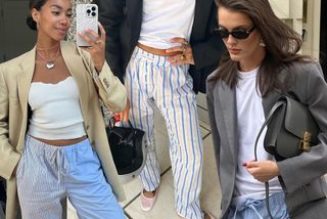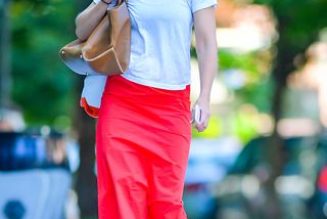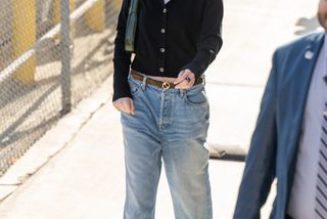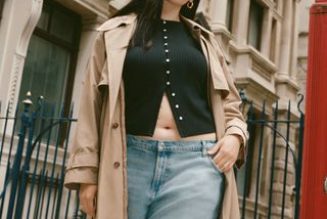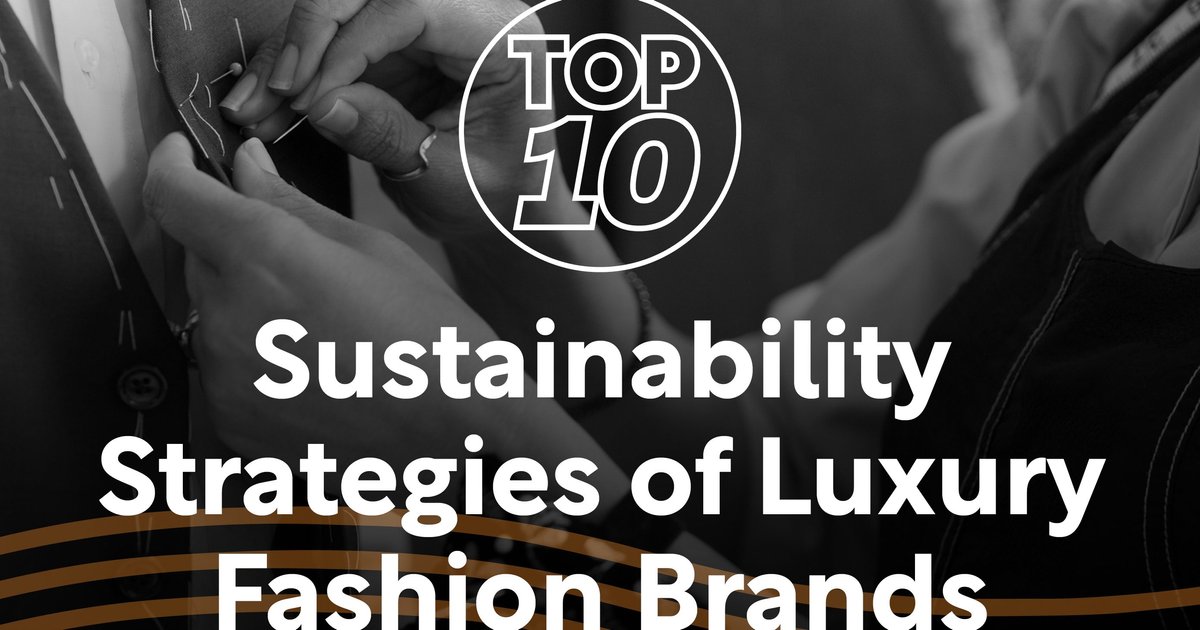
Arguably the loudest and most influential voice in ethical and sustainable fashion, Stella McCartney has been a trailblazer in eco fashion since launching her eponymous label in 2001.
The only major fashion house in the industry to have had ethics at its heart since day one, the brand is the first luxury fashion brand to never use animal leather, feathers, fur or skins – and adopted sustainability principles in 2006.
Those principles have evolved, with Stella McCartney taking the industry lead on cruelty-free alternative materials, process innovation, circular ambitions, regenerative practices, and community wellbeing.
The only brand from the fashion industry to attend COP26 in Glasgow, Stella McCartney (the brand and person) was also at COP28, strongly advocating for policy and regulatory change to incentivise the decarbonisation of the fashion industry, human and animal welfare.
The designer also has a role as a special adviser on sustainability to LVMH CEO Bernard Arnault.
In line with its strategy to be net zero by 2040, the company has reduced operational emissions by 76%, increased its sites running on renewable energy to 68% – and reduced Scope 3 emissions by 22%. This puts the brand on track to meet its 2030 target.
As a force for fashion industry change, Stella McCartney centres on collaboration and innovation – and more than ever, is passionate about showing how with the right technology and partnerships, fashion can be fast in its move to more sustainable measures.
As co-founder of the Collab SOS Fund – a US$200 million LVMH-backed fund for climate solutions, McCartney is backing pioneering startups and cutting-edge technologies in developing climate solutions, working with many of them to develop and then use new and alternative materials.
As well as using responsibly sourced materials, such as organic cotton, synthetic silks, upcycled faux furs and recycled polyester, the brand has introduced innovative alternatives into its collections. Like APINAT, a biodegradable rubber into its footwear, and Eco Alter-Nappa, a smooth vegan alternative to animal leather, launched a decade ago.
And since 2017, McCartney has been working with mycelium startup Bolt Threads, launching the Frayme Mylo Bag, the world’s first luxury bag made from mycelium, a mushroom-based leather alternative.
In its latest move, Stella McCartney has announced strategic partnerships with Mango Materials and Air Carbon – to develop new innovations and materials from GHG emissions.
Recycling is a key strategy in the brand’s sustainability story – and in 2022, the company launched its first completely circular product, a mono material parka with Econyl, meaning 100% regenerated nylon from pre- and post-consumer waste like fishing nets and industrial plastic.
